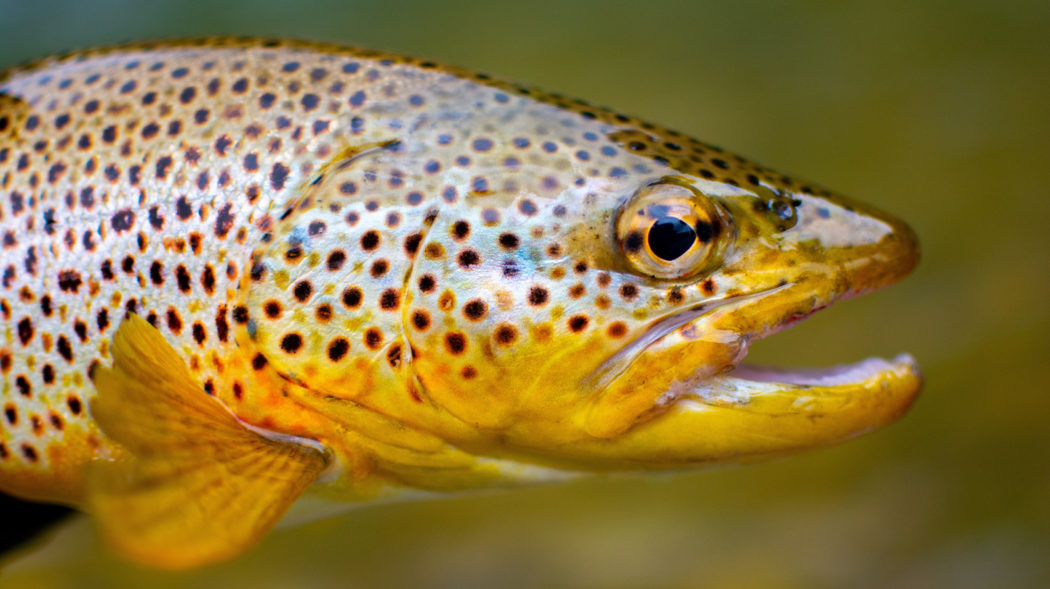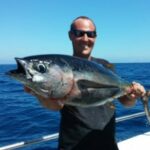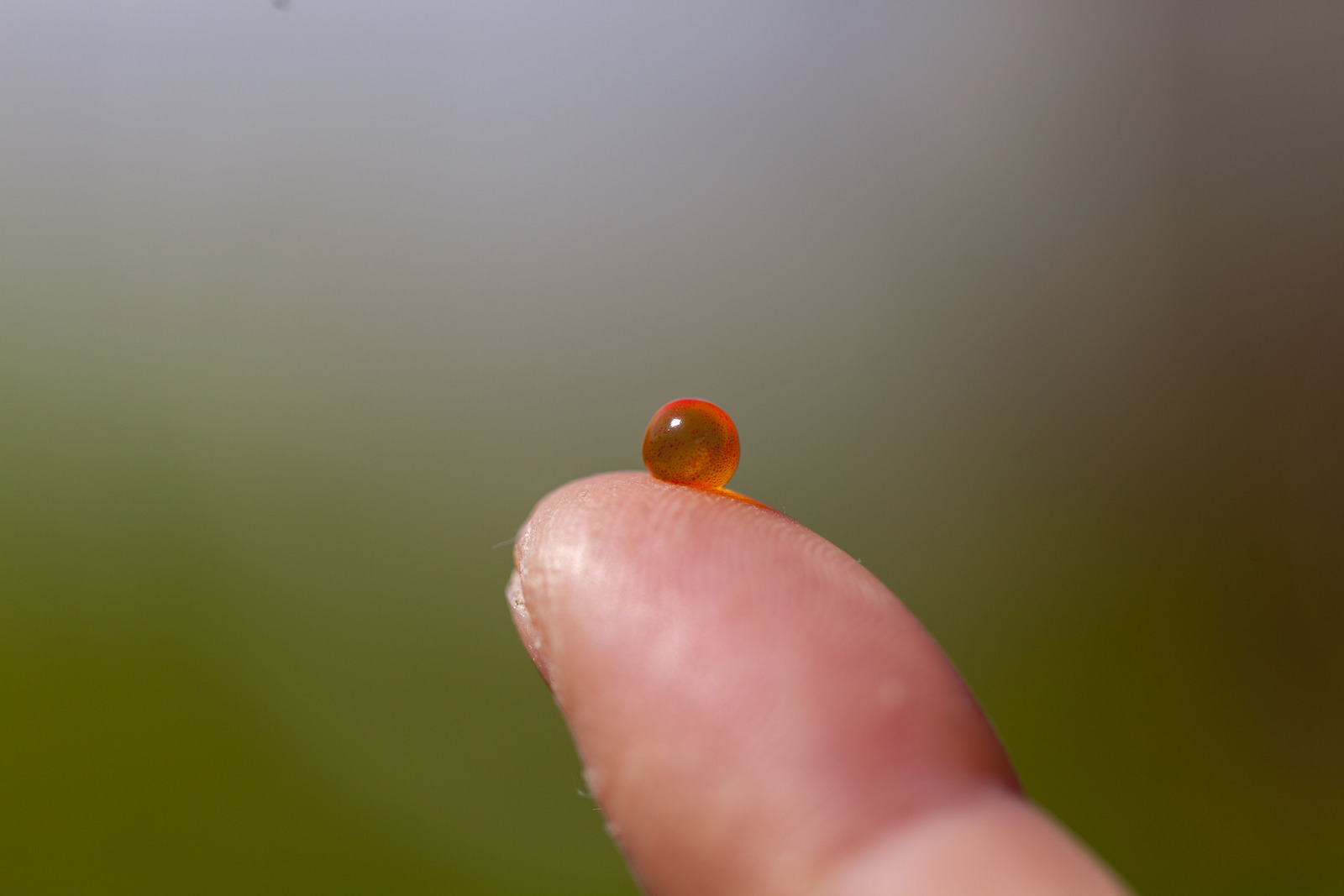Do Trout Like Salmon Eggs? Trout Fishing Bait Guide

Over time, trout anglers find it a difficult task to catch trout as these fishes can get quick-witted and skittish once they’re aware that the area is being fished. When this happens, the oldest trick in the book is to use fish bait.
In choosing natural trout bait, you can never go wrong with salmon eggs. During spawning season, they tend to float downstream and in rivers where the flow of water is high. So, do trout like salmon eggs?
Yes, trout love salmon eggs! Before state-of-the-art trout lures were invented, the bright color and fragrance of salmon eggs attract trout and basically any fish surrounding the waters. This encouraged anglers to come up with clever ways of rigging salmon eggs for trout fishing.
Which Salmon Eggs Are The Best For Trout Fishing?
Natural Bait
Keep it all natural with this type of bait. The best recommendation would be Pautzke Bait Balls because of their proven durability and longevity compared to other eggs. Just keep them refrigerated before using then you’d be good to go.
One or two of these eggs, however, would cause trout to bite on them the entire day. Use a bobber rig when fishing to keep them afloat.
Scented Salmon Eggs
If you need extra attractant for your bait, these are the perfect variety that trout love. Scented salmon eggs are infused with garlic scented oil that are effective if you want your net flowing with trout.
Powerbait Salmon Eggs Flavor
Synthetic baits also work wonders and these specific salmon eggs are considered the pick of the bunch. Powerbait comes with added glitter and a natural salmon egg scent that entices trout successfully.
A single jar could last for a long time but be sure to keep it fresh by placing your tackle box inside a closet or at room temperature.
How To Rig Salmon Eggs Bait For Trout Fishing?
First thing to remember when rigging salmon eggs is that they float on water, hence, you must ensure that your bait also does the same or else you’ll definitely lose the chance to catch more of the fish. Read further for more information and tips:
Choosing The Appropriate Fishing Gear
Use an ultralight trout fishing rod with a 2 to 4 lb. leader; they’re more suitable for catching smaller bait such as salmon eggs. With this, you might even enjoy the thrill of putting up a fight against trout as they can get extremely stubborn.
Make sure your fishing rod is accompanied by a light duty spinning reel and a thin monofilament line so that trout would not notice you’re baiting them.
Next, a typical inline bobber set would do great for your swim depth, along with a split shot to add a little weight and buoyancy. Go for double-barbed hooks if you intend to eat your catch so that the eggs don’t float away. Otherwise, use barbless hooks.
Hooking The Salmon Eggs
Tying A Salmon Roe Bag
- Purchase a spawn net and put it on a flat surface.
- Collect and place 6-20 eggs on the center of the spawn sheet.
- Place 3-5 split shots or bait floats on top of the eggs.
- Carefully grab the corners of the sheet, cover it over the eggs, and twist the top.
- Wrap a thread to tie around the bag and remove any excess mesh using scissors.
Tying An Egg Loop Knot
- Pull the line and thread it through the eye of the hook.
- Tightly wrap the other long end of the line around the hook 10-12 times.
- Take the free end and thread it through the opposite side of the eye.
- Secure the loop by holding the tag end against the hook.
- Wrap the line again for another 10-12 times around the hook.
- Pull the tag end of the line and both free ends to tighten the knot.
Attaching The Roe Bag
- Pull the top of the knot to loosen the loop.
- Puncture the roe bag so that the hook goes through both sides of the mesh.
- Secure the loop by wrapping it around the center of the roe bag.
- Tighten the loop by pulling on the free end of the line.
How To Fish Salmon Eggs For Trout?
Trout won’t be able to resist the temptation offered by salmon eggs. Knowing the proper way for trout fishing will increase your chances of obtaining enough trout for your net to be fully stocked by the end of your fishing trip.
Cast the salmon eggs into the end of fast run-in water where it slows down. You may find more fish when you cast near large rocks or upstream against the far bank of smaller rivers since there are a lot of trout lurking in the shadows and fished out of them.
If you haven’t had any luck for quite some time, especially if you’re in a well-fished area, try adding a second egg to the hook. Do the same for trolled lures for more strikes. Make sure the hook is hidden well enough when you drift it so that trout don’t notice it.
Search for weed beds, trees and plants that are sticking out of the water, and other places you can potentially find fish when you’re fishing at a lake or river. Some trout can drift to the surface.
When scooping the fish out of the water, make sure your hands are wet or use some fishing gloves before you touch them. Safely and properly catch and release some of your caught trout as a conservation strategy.
What Are The Kinds of Trout You Can Catch?
Trout eat salmon eggs for as long as anyone can remember since it’s their natural instinct, which is why they make excellent baits compared to other baits. Anglers would be surprised of the varieties of trout they can catch with these.
Lake Trout
When catching a lake trout, use salmon eggs that are fluorescent red in color. However, cheese yellow or whitish shades could also work under varying conditions.
Rainbow Trout
You can also find these species gobbling up salmon eggs during spawning season in a river. Rainbow trout are no match for the fish-alluring scent salmon eggs have as they bite on any small fish they encounter.
Stocked Trout Vs. Wild Trout
Stocked trout are those that have been born into hatcheries, grown for certain periods of time, and then let out into the wild.
There are better chances to attract stocked trout since they are used to being fed by humans. Wild trout have a heightened sense of smell and taste and are generally smarter. You would have to employ more nifty methods and have the patience to catch them.
What Else Can You Fish Using Salmon Eggs?
When going on a fishing trip, the possibilities are endless. Anglers can sometimes encounter other fish when using salmon egg as bait. Bluegill, catfish, steelhead, bass, panfish, sucker fish, and even salmon also eat salmon eggs.
How Long Do Salmon Eggs Bait Last?
Salmon eggs can last up to a month in refrigerators but it can be frozen for up to a year. Technically, it’s good for two seasons. However, you need to properly cure the salmon eggs during the first 24 hours so you can store them without risking contamination or expiration.
How To Store Salmon Eggs
Pour water, either from the river or distilled, on the eggs and rinse any blood traces within 1 hour. Drain the water from the eggs and mix in any salmon egg cure of your choice and gently stir using a plastic spoon.
Place eggs inside a clean plastic container and let them sit for half an hour. At this point, the eggs should look free from all and any fluids. Drain the eggs a second time using paint strainer while stirring using the plastic spoon.
Carefully pour the drained cured salmon eggs on paper towels for the third and final round of drainage. Finally, air-dry them for 10 minutes and then place them into plastic bags.
Conclusion
Trout love salmon eggs, that’s easy peasy science. Whether you’re fishing or planning to fish in rivers or lakes, using natural bait is a sure-fire way for catching trout. What better option is there other than a good ol’ fashion salmon egg for trout to eat?
As an Amazon Associate, Fishermen's Angle earns from qualifying purchases. We get commissions for purchases made through links in this post.


